Public Enemy Number One: The Ruthless Rise and Fall of Dutch Schultz
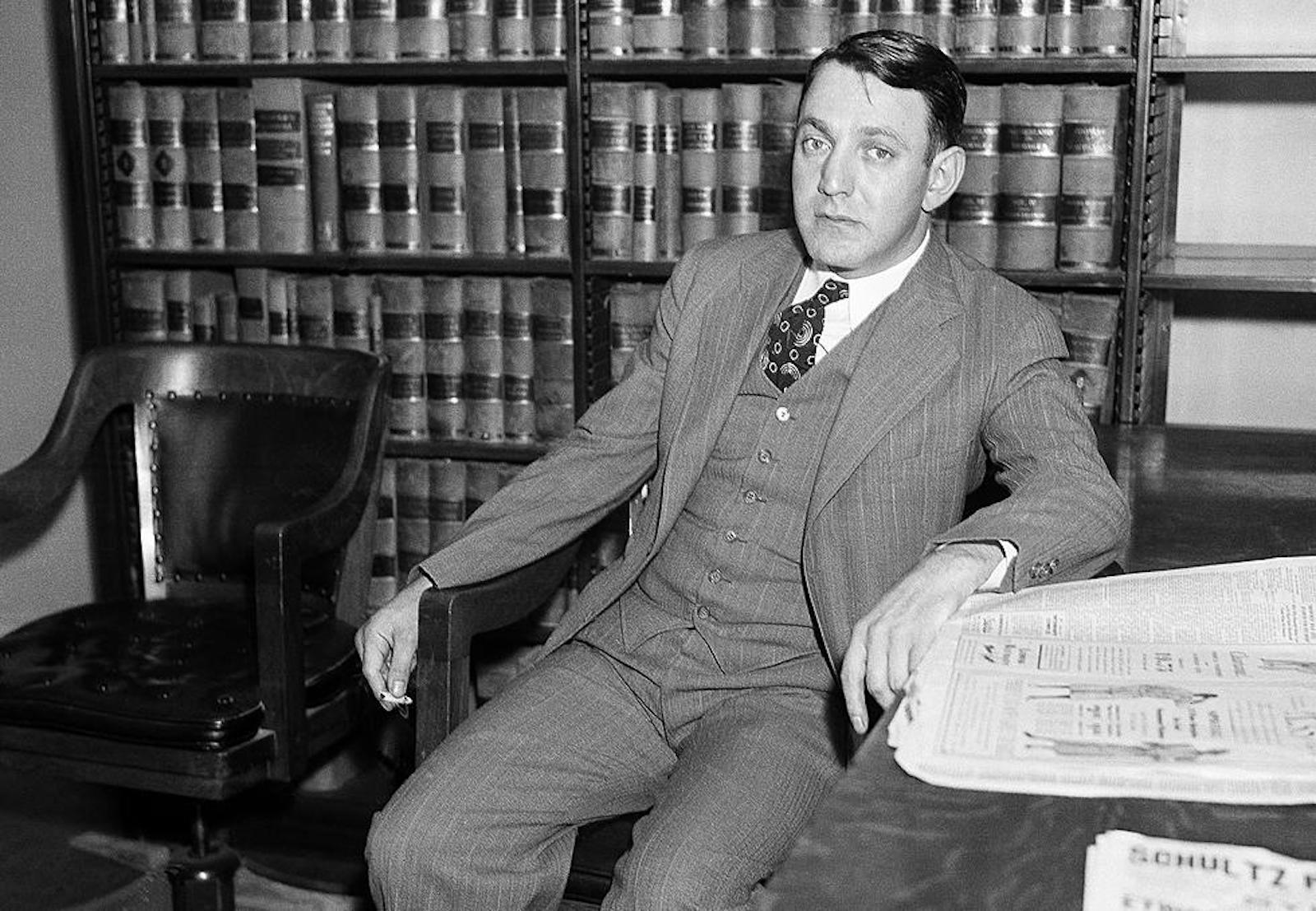
Image: babyfacenelsonjournal.com
The Making of a Mobster
Arthur “Dutch Schultz” Flegenheimer cut a formidable figure in the criminal underworld of 1930s New York. Devoid of philanthropy, activism, or remorse, Schultz’s meteoric ascent through a world of racketeering and violence left a bloody footprint on the streets of New York.
Unpredictable and ferocious, Schultz showed no hesitation when it came to enforcing his will through violence-a quality that would cement his position as one of the era’s fiercest crime bosses.
From Poverty to Crime: Early Life in the Bronx
Born August 6, 1902, in the Bronx to German-Jewish immigrants, Arthur Flegenheimer’s entry into crime began with hardship. After his saloon-keeper father abandoned the family, the 14-year-old Arthur left school to provide for his mother. Ordinary jobs proved insufficient, and soon street crime became his means of survival-burglaries and gambling game robberies dominated his teenage years.
At 17, Arthur’s lawlessness caught up with him. He was caught and sentenced to 17 months in prison, his sole incarceration. Upon his release in 1920, he adopted the alias “Dutch Schultz,” a name possibly inspired by either a notorious local criminal or the trucking company where he worked. However it came about, that new name marked his full embrace of the criminal lifestyle.
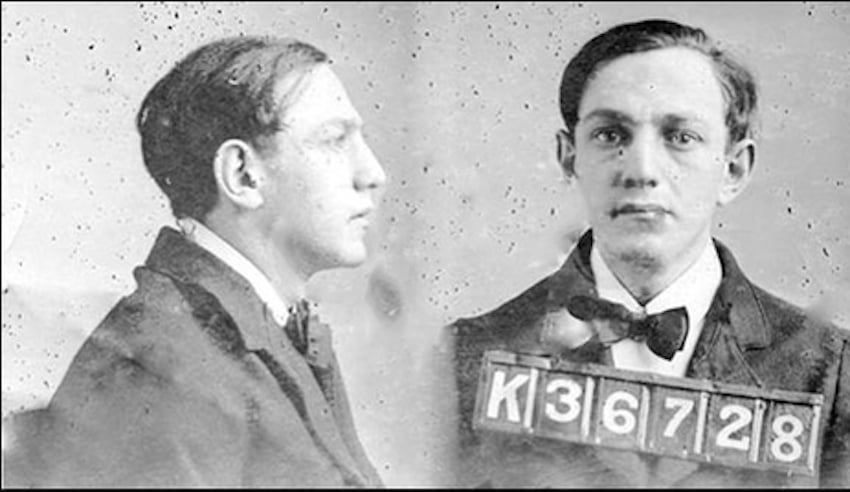
Image: babyfacenelsonjournal.com
The Prohibition Era: Bootlegging and Bloodshed
The introduction of Prohibition in 1919-the Volstead Act-was intended to curb crime, yet it spawned a wave of illicit enterprise. Schultz, ever savvy, joined the ranks of bootleggers, transporting liquor from Canada while still working legitimate jobs.
He quickly expanded operations into brewing his own beer and working security at illegal speakeasies, gaining notoriety for violent enforcement tactics. Joey Noe, owner of the Bronx’s Hub Social Club, noticed Schultz’s aggression and recruited him, eventually making him a business partner.
Together, Schultz and Noe launched a network of underground bars and breweries across Manhattan, particularly in Yorkville, Washington Heights, and Harlem. Their strong-arm approach forced other club owners to purchase their product, amassing huge profits-but also drawing the ire of competing gangs.
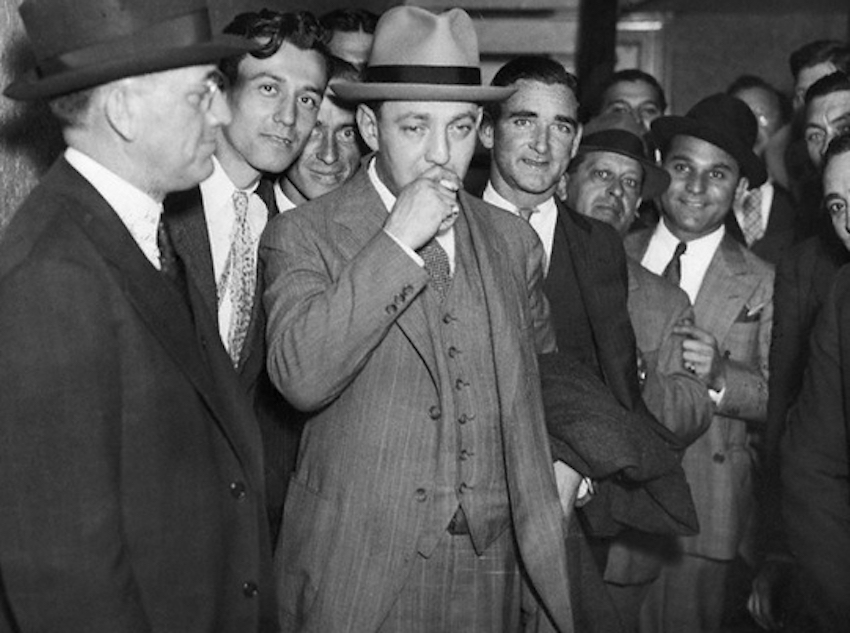
Image: babyfacenelsonjournal.com
Deadly Rivalries: The Feud with Legs Diamond
As Schultz’s operations expanded into Manhattan, he crossed paths with Jack “Legs” Diamond, a formidable Irish mobster. Diamond perceived the move as a direct challenge to his territory and retaliated by hijacking liquor shipments from Schultz and Noe.
What began as business soon turned deadly. In 1928, Joey Noe was gunned down and later died from his injuries. Schultz blamed Diamond and orchestrated attempts on Legs's life. Although Diamond survived multiple assassination attempts, he eventually retreated to Albany, where he was murdered in 1931. The killing was never directly attributed to Schultz, but their violent turf war encapsulated the dangerous volatility of the time.
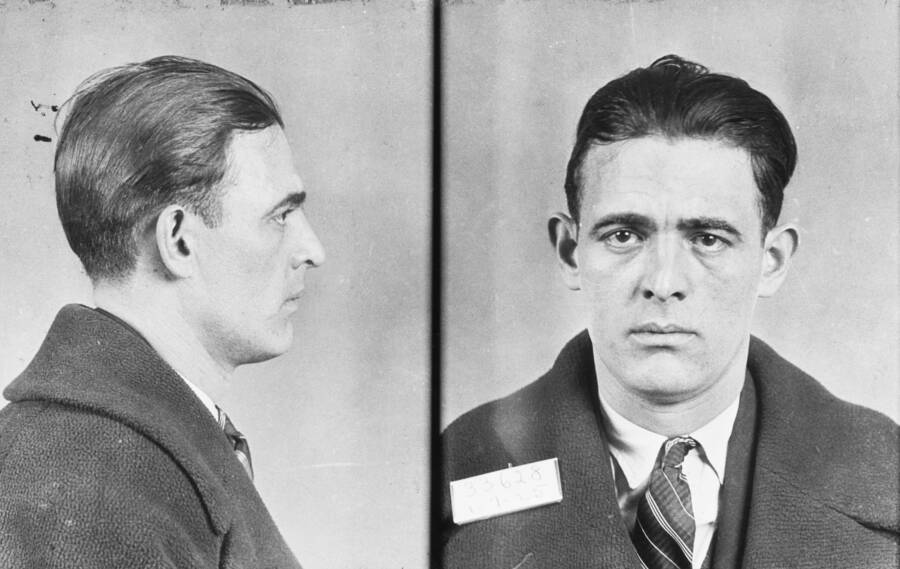
Jack “Legs” Diamond. [Image: allthatsinteresting.com]
Dominating Illegal Gambling: Schultz’s Policy Racket
With rivals eliminated, Schultz monopolized the speakeasy trade. But with Prohibition drawing to a close, new revenue streams were necessary. Schultz’s answer was the Harlem “numbers game”-an illegal lottery thriving in working-class African American districts.
The numbers racket, popular and highly lucrative, was already firmly run by figures like Stephanie St. Clair, known as the “Numbers Queen.” But Schultz’s violent tactics, previously used against other club owners, were now turned against Harlem’s policy bankers.
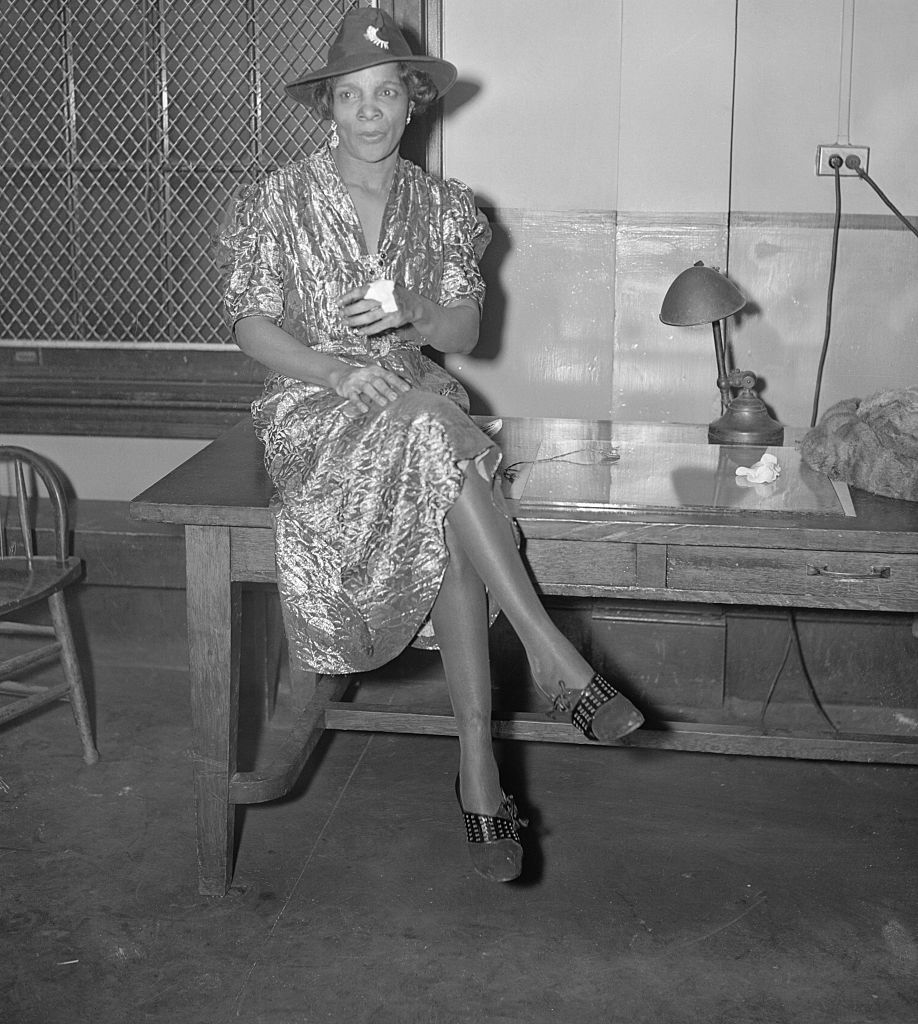
Stephanie St. Clair. [Image: Twitter/Essence]
Schultz’s methods left little room for choice: rivals could surrender their business, pay a percentage, or suffer violent retribution. Unlike previous enemies, Stephanie St. Clair fought back fiercely, organizing resistance and reprisals against Schultz’s clubs.
Clashing with the Law: The Tax Evasion Battle
Amid criminal expansion, legal troubles surfaced in the form of tax evasion charges in 1933. Schultz was put on trial and deployed extensive public relations strategies-donating large sums to charity to craft a more sympathetic image. Although the PR campaign won public favor, it depleted much of his fortune.
Returning to Harlem, Schultz was desperate to assert authority over the gambling industry. However, he faced two major threats: the resilient Stephanie St. Clair and the relentless special prosecutor, Thomas Dewey.
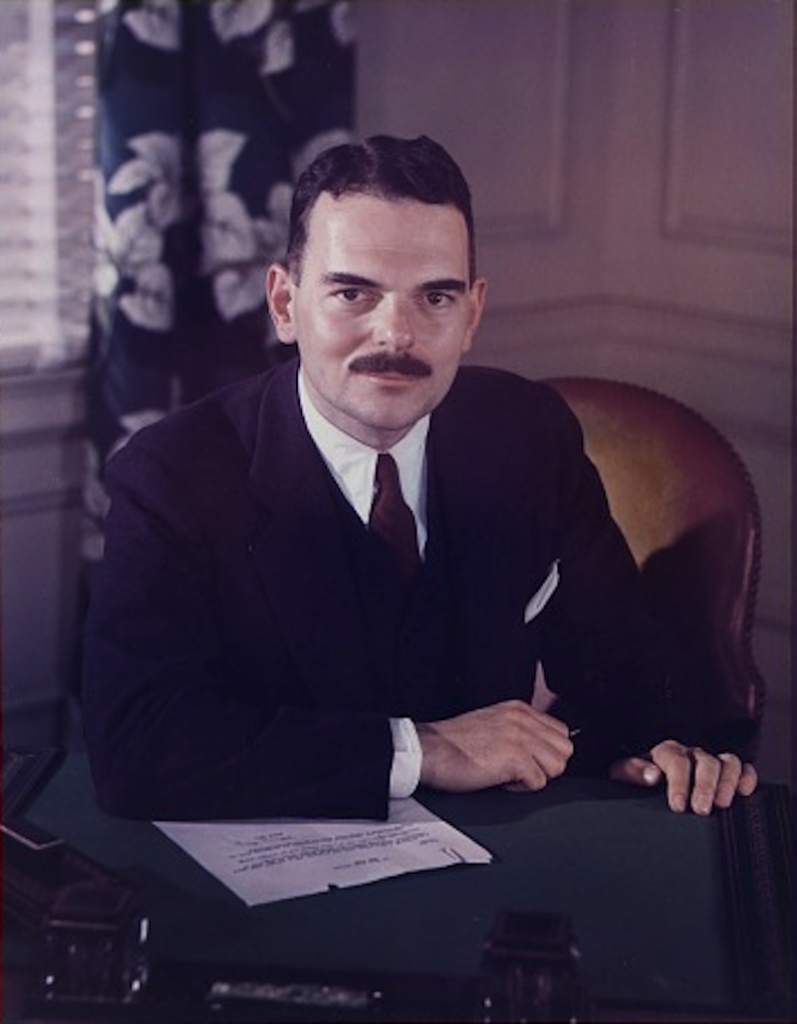
Image: Eugene Hutchinson/Wikimedia Commons
Dewey, appointed by Mayor Fiorello La Guardia, was determined to convict Schultz and dismantle his criminal enterprise. St. Clair, undeterred by threats, continued to defy Schultz’s authority.
Escalating the Conflict: Deadly Decisions
As St. Clair maintained her grip on Harlem’s numbers game, Schultz turned to assassination attempts-ordering a hit on her that forced St. Clair into hiding. Simultaneously, Schultz determined Dewey needed to be eliminated and brought his plan to the highest ranks of organized crime.
In a fateful meeting with Charles “Lucky” Luciano, leader of the mafia's Five Families, Schultz requested approval to kill Dewey. Luciano, fearing a crackdown on all organized crime as a result, emphatically refused. Nevertheless, Schultz pressed ahead with preparations for Dewey’s murder, risking not just his own empire but the safety of the entire underworld.
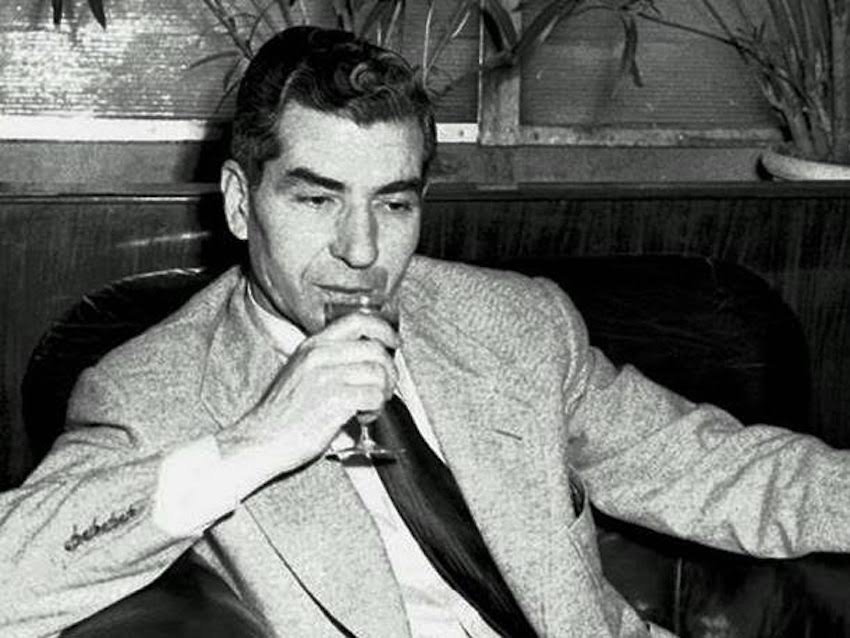
Image: Twitter/ddeoluu
The End of Dutch Schultz: A Gangland Hit
Fearing Schultz’s rash actions would bring too much attention to their illicit world, Luciano decided to act. On October 23, 1935, as Schultz dined with his associates at Newark’s Palace Chophouse, gunmen from the mafia's enforcement arm "Murder, Inc." infiltrated the restaurant. While Schultz was in the restroom, shooters opened fire, wounding him, his accountant, and his bodyguards.
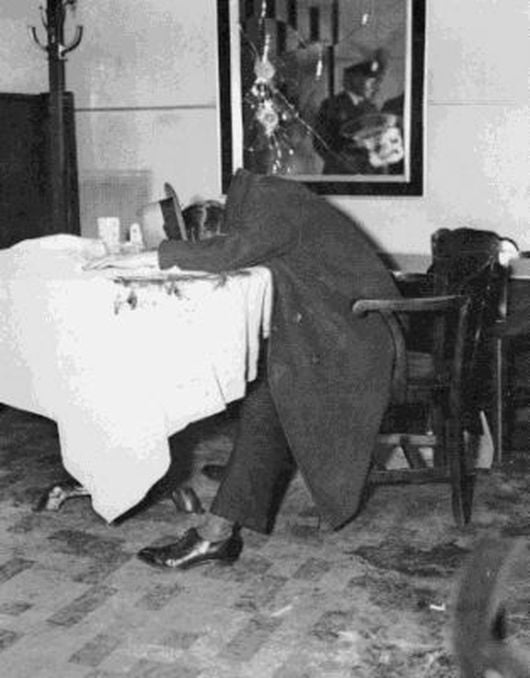
Image: babyfacenelsonjournal.com
Miraculously, Schultz survived for almost 30 hours before succumbing to his injuries. The notorious mobster died in his hospital bed, his criminal reign finally over.
Mystery of the Missing Millions: Schultz’s Hidden Treasure
On his deathbed, delirious from wounds, Schultz’s last words weren’t confessions or accusations-instead, he rambled about hidden caches of cash, supposedly stashed somewhere in upstate New York. Though his statements were incoherent, rumors endured, fueling a legend of lost fortune in the Catskill Mountains.
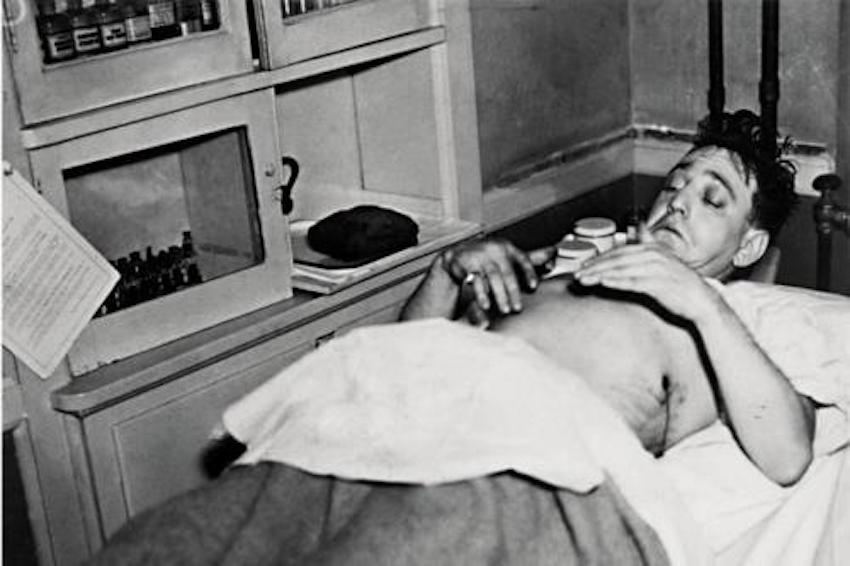
Image: nationalcrimesyndicate.com
To this day, fortune hunters believe a lost trove, possibly worth up to $100 million, remains buried and undiscovered-a testament to the enduring mythos surrounding Dutch Schultz’s criminal legacy.
Legacy of a Crime Kingpin
Dutch Schultz’s journey from Bronx hardship to millionaire gangster was marked by brutality, cunning, and relentless ambition. The violence that he wielded-whether to expand territory, enforce rackets, or fend off rivals-made him both feared by peers and relentlessly pursued by law enforcement.
Schultz’s partnership with Joey Noe led to unmatched influence and wealth during Prohibition, while his move into gambling ensured his dominance even as laws changed. His aggression and willingness to resort to extreme measures secured his reputation among New York’s most infamous organized crime figures.
However, his hubris and disregard for alliances within the underworld proved fatal. Attempting to eliminate powerful adversaries like Stephanie St. Clair and Thomas Dewey only hastened his downfall. By the time of his death, he was declared “Public Enemy Number One” by the FBI, his name synonymous with violence and organized crime during a lawless era.
Dutch Schultz remains a cautionary tale of how unchecked ambition and violence-while building an empire-can lead to an inevitable and violent end.
Lead image: Twitter/littlesteven_ug













